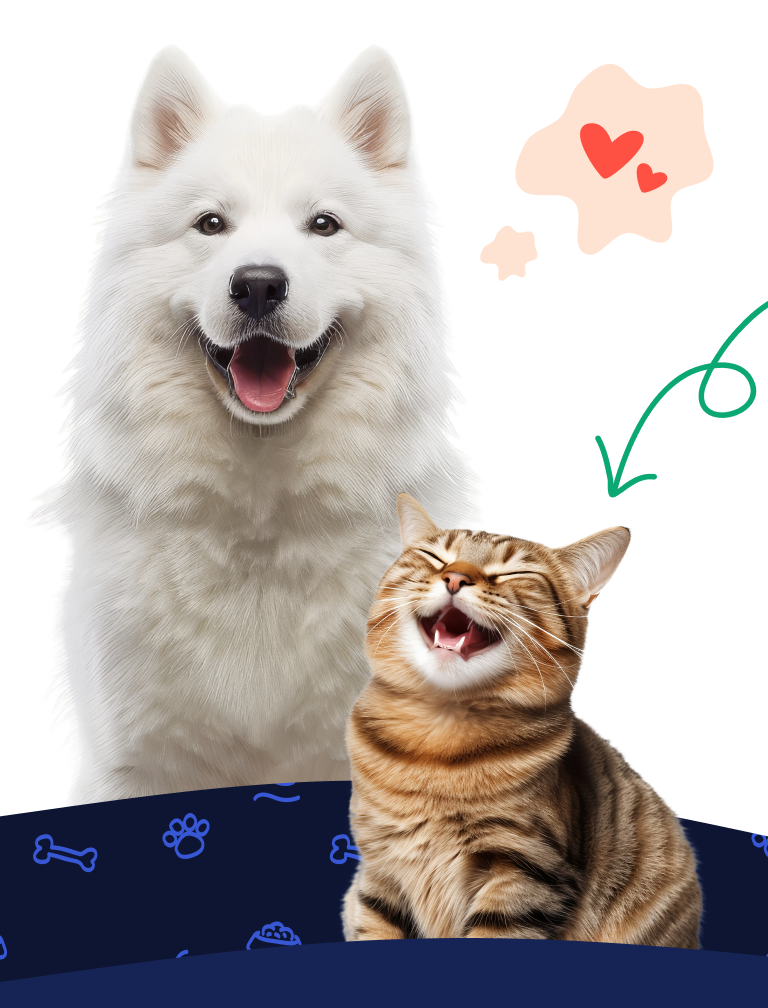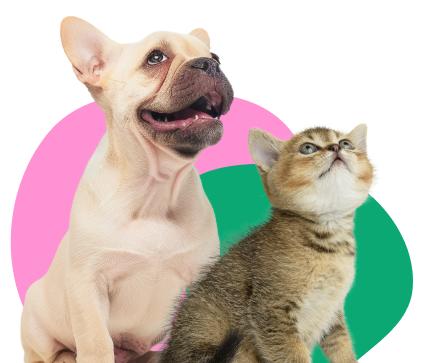Of all the things you might have ever wondered if dogs can eat, cashews probably weren’t one of them. After all, how often do you see a dog eating nuts of any kind? But maybe you now want to know if dogs can eat cashews because your furry friends accidentally had some. Or maybe he gazes at you longingly while you munch on a few cashews yourself.
So can dogs eat cashews? Yes, they can, but don’t go handing over a container of mixed nuts in lieu of dog treats just yet. Eating too many cashews can lead to health problems, and other nuts can be toxic to dogs.
Are Cashews Safe For Dogs?
Everybody knows that dogs love to eat peanut butter. And with so many other nut butters out on the market today, you may have wondered if dogs can eat cashews and maybe even cashew butter. The good news is that dogs can eat cashews—however, just like with us, even healthy food should only be consumed in moderation.
Additionally, and also similar to humans, our canine companions can suffer from nut allergies and could actually be allergic to cashews. Chances are that cashews will be safe for your dog, but if you are concerned about a possible allergy, talk to your veterinarian first. And, if you do feed your dog some cashews, monitor the dog afterward to look for signs of an allergic reaction, such as itching, hives, or swelling.
How to Feed Cashews to Your Dog
Assuming your dog doesn’t have nut allergies or is allergic to cashews, there are still some guidelines you should follow before handing over this tasty snack. For starters, make sure that the cashews do not have any salt added. Too much salt is bad for dogs.
The cashews should also be cooked or roasted, not raw, because raw cashews contain a toxin that can be dangerous to dogs. Believe it or not, the toxin is something very similar to poison ivy. The toxin comes from the shells, which is one of the main reasons cashews are typically sold already shelled. Additionally, roasting or cooking the cashews destroys any remaining toxin on the nuts.
The cashews should also not have been mixed with other nuts. Do not separate cashews from snack items such as trail mix or a can of mixed nuts and give them to your dog. Being in contact with other nuts and ingredients that are considered toxic or unsafe can cause the cashews themselves to be unsafe to your dog as well.
The only nuts that are really safe for your dog to eat are peanuts, cashews, and almonds. Any other nuts can be toxic to dogs, as well as other ingredients found in trail mix snacks. So if you want to feed your dog a few cashews, purchase them unsalted and not part of a snack food mix.
Cashews should only be given to your dog as a light snack on an occasional basis. That’s because cashews, like many other nuts, are high in fat content. Even though they contain good fats, too much fat for dogs can cause digestive problems and even lead to more severe health issues such as obesity and pancreatitis. Obesity can lead to additional health problems such as weak joints or diabetes.
If you feed cashews to your dog and it exhibits symptoms such as vomiting and diarrhea, you are either feeding the dog too many cashews, or it simply cannot handle them and should not be fed them at all.
Technically, you can feed your dog a bit of cashew butter as well, but it should be organic cashew butter, preferably ground yourself in a health food store. Likewise for peanut butter—store bought brands of peanut butter and cashew butter contain other processed ingredients and artificial sweeteners. The artificial sweetener xylitol, in particular, can lead to liver failure and problems with low blood sugar in dogs. It can be hard to say no to those pleading eyes, but your dog’s health comes first!
And remember, moderation is always key. Even though dogs can seem like they are high-powered eating machines at times, many of them actually have sensitive stomachs. Only a few cashews at a time are recommended. And dogs that have other underlying health problems may not be able to handle eating any cashews or other nuts at all.
It is best to give your dog cashews after it has already eaten its dog food. That way, it won’t be as hungry and inclined to devour as many cashews as have stocked up in the house. If it eats the cashews before eating its regular dog food, the high fat and high protein content will cause the dog to feel fuller, and it will be less inclined to finish its dog food.
Health Benefits of Cashews for Your Dog
Cashews for humans are a very nutritious snack, full of nutrients, antioxidants, and protein, plus some good fats. Dogs often receive some of the same health benefits from many human foods as humans do, and cashews are no exception.
The antioxidants and omega-6 fatty acids, along with omega-3 fatty acids, can help to reduce inflammation, and aid in the health of your dog’s skin and coat, reducing itching. Vitamins and minerals such as calcium, iron, magnesium, vitamin K, zinc, and others are all beneficial for your dog, and perform important functions such as helping with bone health and the immune system.
However, the same vitamins, minerals, and other health benefits can also all be found in a good brand of dog food, minus the high fat, so it really isn’t necessary to feed your dog any cashews in order to ensure it gets the proper nutrients
And, since cashews are only recommended as an occasional snack in small quantities, the dogs won’t really garner much in the way of health benefits as they would normally from their regular diet of dog food.
Keeping Your Dog Away From Cashews
Dogs know where you keep their food and their dog treats, and if they become accustomed to you giving them cashews every now and then, they will consider the cashews to be dog treats as well. To avoid any unfortunate incidents in which your mischievous dog noses open the pantry and consumes a whole bag of cashews, keep them stored away in a secure place on a high shelf.
It’s also a good idea to invest in a dog-proof garbage can so that your dog cannot accidentally consume anything that is bad for it while digging through the trash for a tasty morsel, be it cashews or anything else.
If your dog does accidentally eat some cashews, there is no reason to panic right away. Monitor your dog for any allergic or ill reactions. If the dog seems fine, then there is likely no cause for concern. Except, of course, if they’ve now discovered a new craving!






